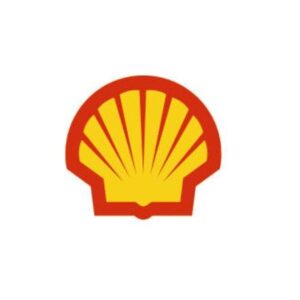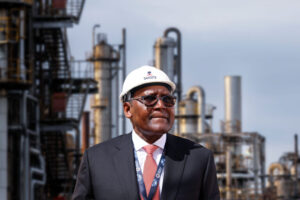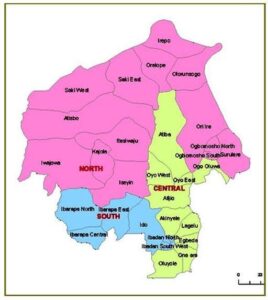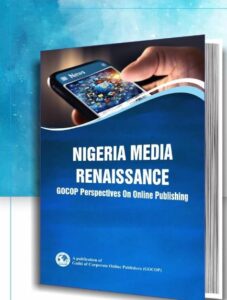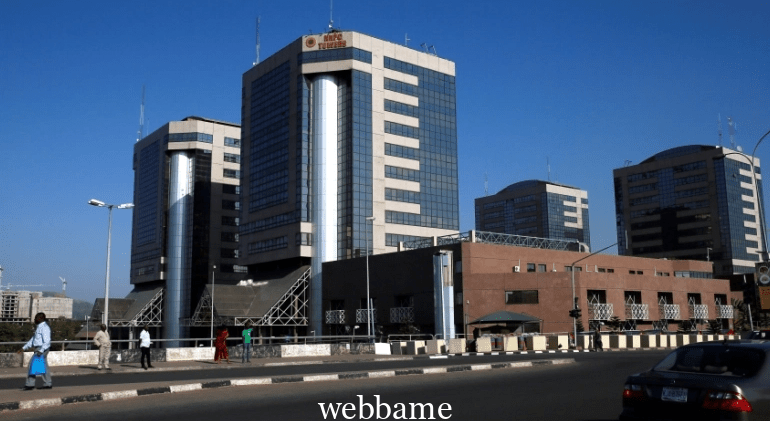
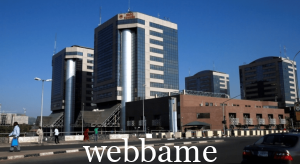
OPINION: NNPC AND NNPC LIMITED: WHITHER THE CONFUSION?
Dr Uche Diala
With the unveiling of the NNPC Limited yesterday 19th July, 2022, I have read comments; some surprisingly from educated Nigerians asking; almost in a cynical manner; what is the difference between NNPC and NNPC Limited. Should it not be obvious?
Yesterday’ unveiling followed a series of legal steps; first with the signing of the Petroleum Industry Act (PIA) into law by President Muhammadu Buhari after years of dilly dallying by successive administrations, registration of the NNPC Limited with the Corporate Affairs Commission (CAC) and appointment and inauguration of the NNPC Board & Management chaired by Senator Margery Chuba-Okadigbo.
After widespread agitation for the Petroleum Industry Bill to be passed into law, one would expect every Nigerian to study the Act, understand its provisions and very important implications; including the status of the NNPC going forward and even matters that relate to petroleum products prices and pricing.
It goes without saying that the Nigeria Petroleum Industry Act (PIA) 2021, which was recently signed into law by President Muhammadu Buhari is one of the most audacious attempts in our national history to overhaul the petroleum sector in Nigeria.
The Act seeks to provide legal, governance, regulatory and fiscal framework for the Nigerian petroleum industry. Despite being a major source of revenue, the oil sector lags behind other sectors in terms of GDP contribution. If implemented diligently, the PIA will help facilitate Nigeria’s economic development by attracting and creating investment opportunities for local and international investors.
KEY PROVISIONS OF THE PIA;
▪︎ All employees of NNPC are to be deemed employees of NNPC Limited.
▪︎ The Key objective of the PIB is to transform the Nigerian Oil Gas Industry.
▪︎ The NNPC (Nigerian National Petroleum Corporation) will now be unbundled.
▪︎ The NNPC will now be registered as a private company limited by shares under CAMA.
▪︎ The NNPC will now be NNPC LIMITED.
▪︎ Its shares will be held by the Ministry of Finance on behalf of the Federal Government.
▪︎ The Act provides for the establishment of the Nigerian Upstream Regulatory Commission whose role is to regulate the technical and commercial aspects in the operations undergone at the upstream stage.
The commission shall have the power to acquire, hold and dispose of property, sue and be sued in its own name.
▪︎ The Act provides for the establishment of Nigerian Midstream and Downstream Petroleum Regulatory Authority.
▪︎ The Fiscal Objective of the Bill is to provide a framework that will attract investors to the Petroleum Industry and generate revenue for the government while ensuring that investors get their money’s worth.
▪︎ The Act vests ownership of the Corporation in the Ministry of Finance.
▪︎ Transfer and sale of the shares are to be approved by the Government and endorsed by the National Economic Council.
▪︎ Assets, interests and liabilities in NNPC will be transferred to NNPC Limited.
It Is Hoped That The Petroleum Industry Act Will Achieve The Following Objectives:
▪︎ Define the relationship between the society and investors.
▪︎ Determine how costs are recovered and profits shared among stakeholders.
▪︎ Establish an innovative mechanism to fund petroleum host communities directly through Trust Funds.
▪︎ Improve transparency and accountability in the oil and gas business.
▪︎ Reduce overlapping in the roles of governance.
▪︎ Create regulatory and policy institutions.
▪︎ Create a conducive environment and to enhance the mutual benefit of petroleum operations in Nigeria.
One therefore cannot help but wonder why any informed person cannot understand the difference between NNPC of yesterday and the NNPC LIMITED of today. Yet it is early morning but the solid foundation has been laid on legal grounds and now given life and wings to fly.
The Nigerian government under President Buhari has mustered the required political will and has diligently and expeditiously moved on passing and now implementing the PIA Act; the latest stage being the historic unveiling of the NNPC LIMITED.
It was indeed without a doubt a watershed moment in our transition and onward march towards joining the global league of corporate governance in the oil and gas industry, to maximise our potentials in oil and gas and to hopefully turn it from the ‘curse’ which it has essentially being to the blessing which God designed it to be for us.
The Buhari administration has done so because it understands the urgency and the significant role the Act will play in transforming not only our Oil and Gas sector but also in catalyzing the accelerated progress and prosperity of the nation; including the better economy which we all yearn for.
It is important that Nigerian citizens understand that national building and re-building, growth and development will depend on a series and aggregate of fundamental steps that might not yield immediate gains or end our instant pains but which surely form the foundation and building blocks for a better and more prosperous nation; for tomorrow and the coming generations. I hope our youth will understand that and not be carried away by cruise chasing and empty promises of a magic wand or that there can be any gain without pain and dilligent hard work.
It bears mentioning that Saudi Aramco, officially the Saudi Arabian Oil Company (formerly Arabian-American Oil Company), is a state owned Saudi Arabian public petroleum and natural gas company. As of 2020, it was one of the largest companies in the world by revenue. It was not always so.
Around 2018, Saudi Arabia started considering putting up a portion of Saudi Aramco’s ownership; up to 5%, onto public trading via a staged initial public offering (IPO), so as to reduce the cost to the government of running the company but while the IPO had been vetted by major banks, the IPO was delayed over concerns of Aramco’s corporate structure.
On 4 December 2019, Saudi Aramco priced its offering at 32 Saudi riyals (approximately US$8.53 at the time) per share. The company raised US$25.6 billion in its IPO, making it the world’s largest IPO, succeeding that of the Alibaba Group in 2014.
The company commenced trading on Tadawul, the Saudi Stock Exchange on 11th December 2019, with shares rising 10% to 35.2 riyals; giving the company a market capitalisation of about U$1.88 trillion, and making Saudi Aramco the world’s largest listed company.
In Closing …
Nigeria and NNPC are not there yet but it does not hurt to be futuristic and to see the bigger picture. A journey of a thousand miles begins with one sure-footed step. Buhari is not reinventing the wheel. Even with all his shortcomings (who does not have them) he is diligently taking us where we need to be. Sadly it might be long after he has gone that many Nigerians might realise. A little more understanding and cooperation now won’t hurt though.
#GodBlessNigeria
@Uche Diala
Acknowledgements: Prof. Kathleen Okafor (Baze University) & PwC Network Nigeria

